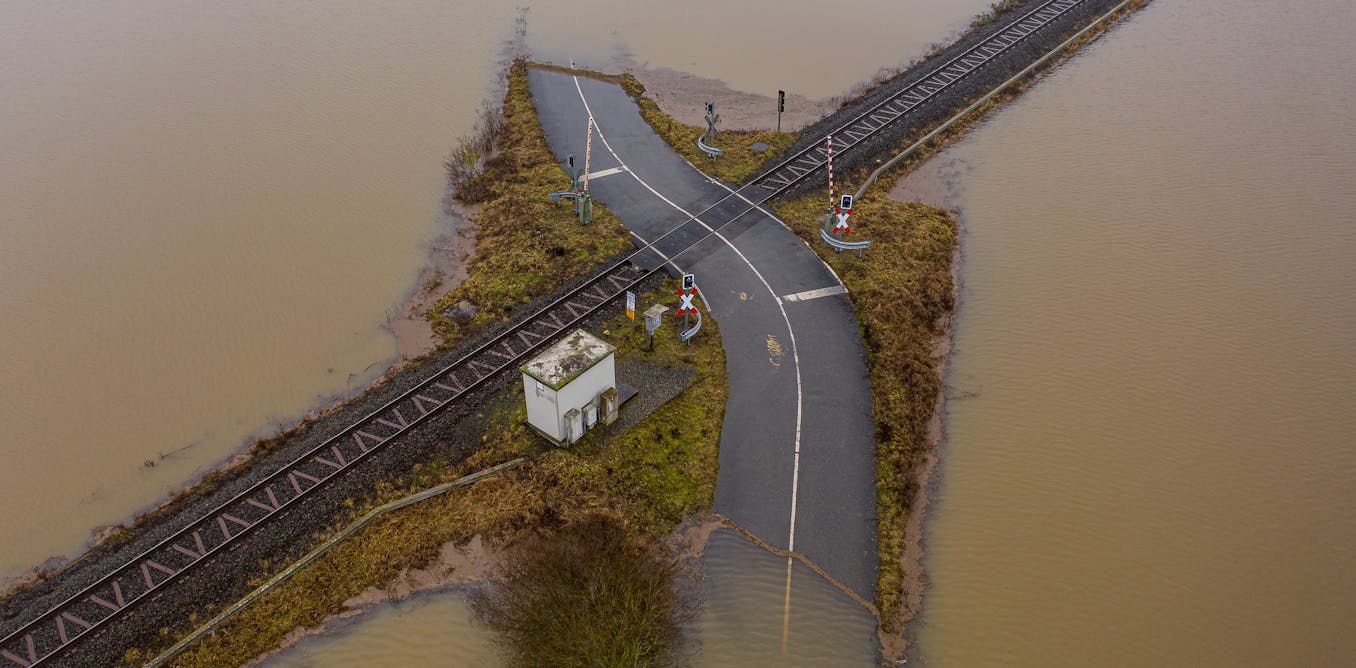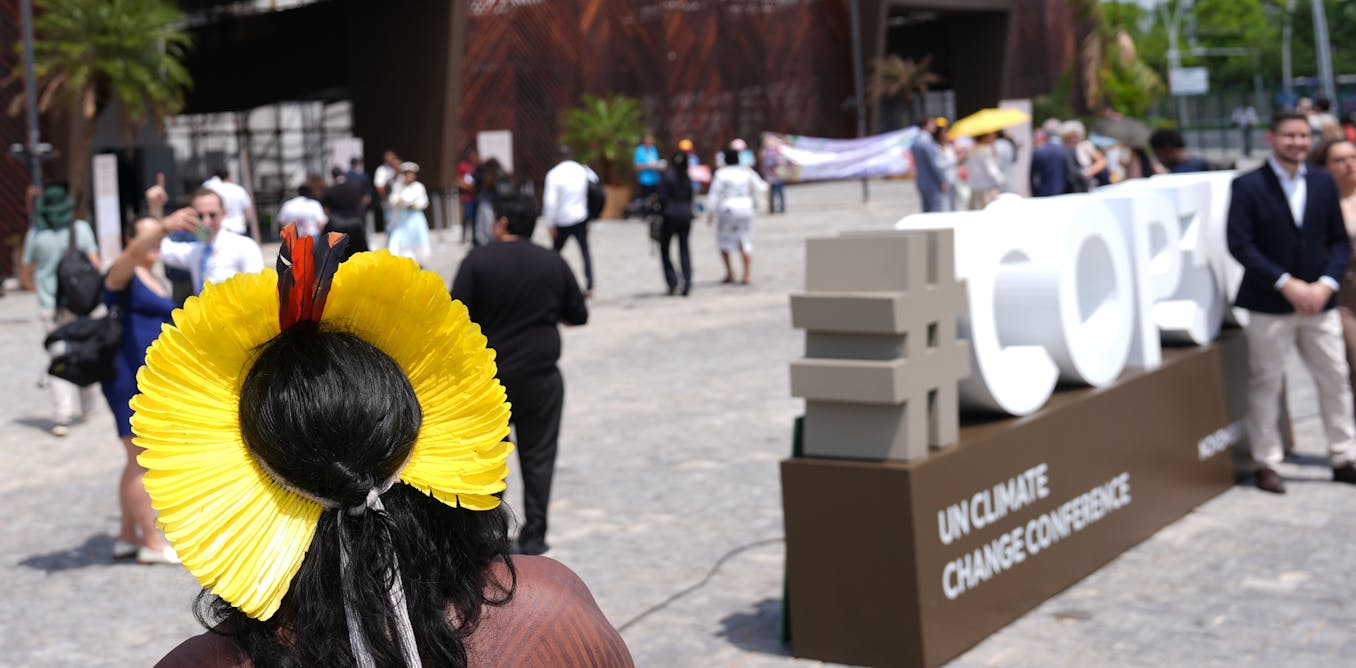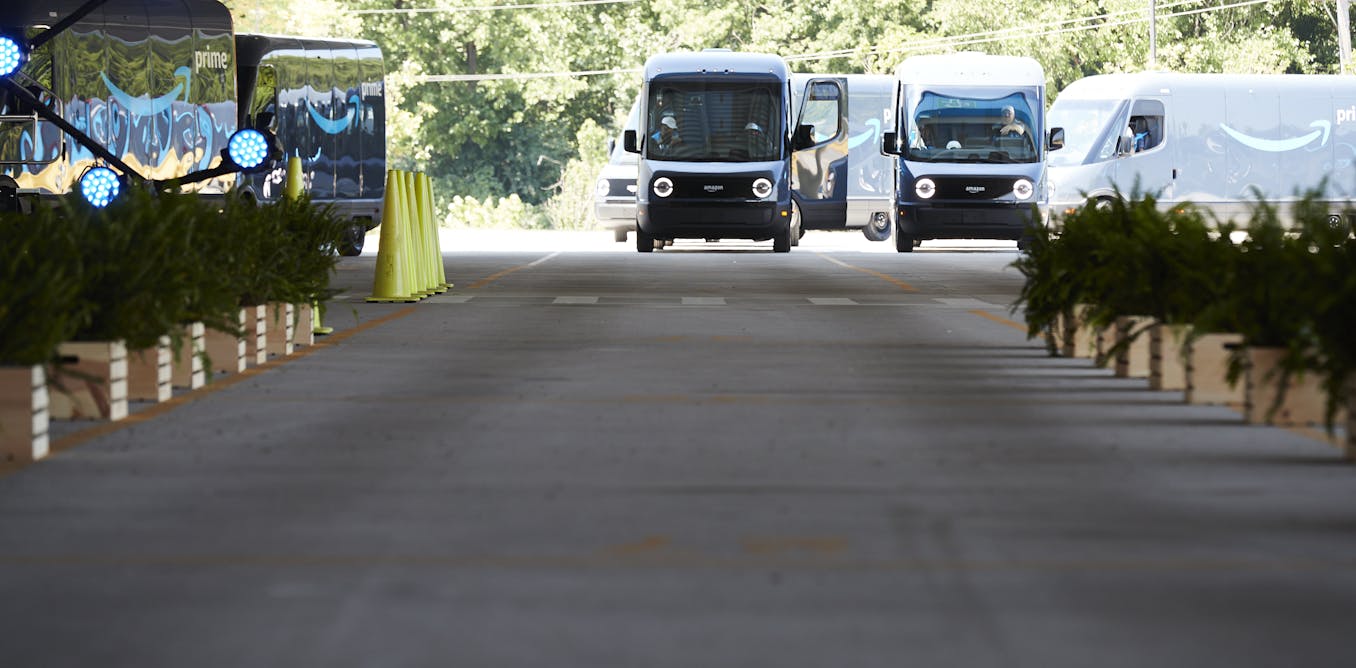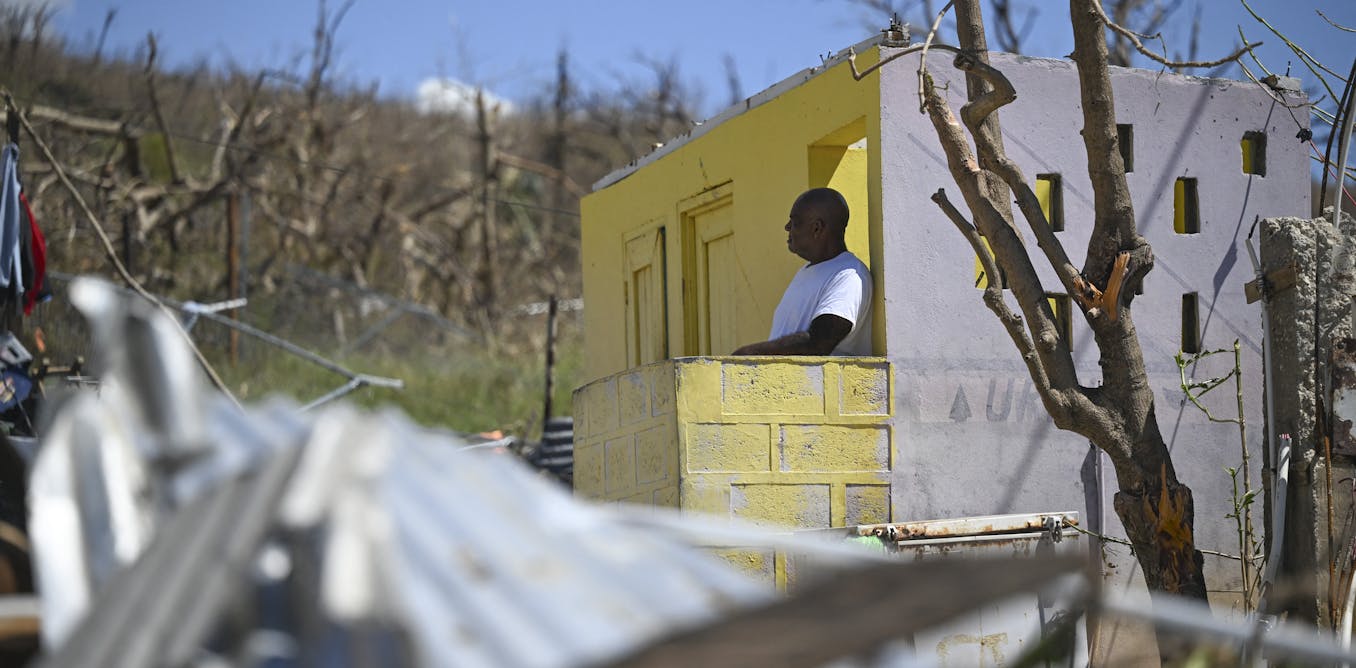A Day of Diverse Voices: Highlights from UN General Assembly Day 4
As the fourth day of the United Nations General Assembly unfolds, leaders from around the globe gathered to address pressing issues facing their nations and the world at large. With a diverse group of speakers taking to the podium, the morning and afternoon sessions showcased a wide-ranging discourse on global cooperation, security, and sustainable development.
Morning Session: A Call for Unity and Cooperation
The day commenced with Israeli Prime Minister Benjamin Netanyahu leading the discussions. His remarks reflected Israel’s stance on various regional and international challenges, emphasizing the country’s commitment to security and collaboration with allies.
Following Netanyahu, Pakistan’s Prime Minister Muhammad Shehbaz Sharif addressed the assembly, focusing on the importance of dialogue in resolving conflicts, particularly through the lens of regional diplomacy. His speech highlighted Pakistan’s dedication to fostering stability and peace, which resonated with the ongoing discussions on global security.
China’s Premier Qiang Li took the stage next, advocating for multilateralism and sustainable development. His speech underlined China’s role in fostering economic growth and international partnerships as a means to achieve shared goals.
The leaders of Saint Vincent and the Grenadines, Luxembourg, Ireland, Greece, Malta, Bhutan, Bangladesh, Barbados, Solomon Islands, Papua New Guinea, and Jamaica followed, each raising unique perspectives reflective of their nations’ experiences. Issues ranging from climate change, economic recovery post-pandemic, to human rights were addressed, echoing a collective desire for constructive dialogue and cooperation among nations.
Afternoon Session: Regional Insights and Global Challenges
The afternoon session began with Ntsokoane Samuel Matekane, the Prime Minister of Lesotho, who spoke on regional security concerns and the need for collaborative efforts to address them. Following him, José Ulisses Correia e Silva from Cabo Verde emphasized the significance of governance and reform as foundations for growth in developing nations.
Prime Minister Rossen Dimitrov Jeliazkov of Bulgaria addressed European stability, while Mali’s Abdoulaye Maïga brought attention to the challenges faced by nations in conflict, advocating for support from the international community.
The session continued with leaders from Andorra, Trinidad and Tobago, Antigua and Barbuda, Fiji, Tuvalu, and Tonga, each contributing their nations’ insights on pressing global issues, such as climate resilience and economic initiatives.
The rich tapestry of speeches underscored a vital element of the UN General Assembly: the commitment of countries large and small to engage in a dialogue that transcends borders, showing that despite different contexts, there is a unified pursuit of peace and prosperity.
Conclusion
As the general assembly progresses, the conversations sparked in these sessions are expected to influence global policymaking. The diverse range of speakers at the UN underscores the assembly’s importance as a platform for dialogue, collaboration, and the forging of new partnerships. The day’s discussions set the stage for an ongoing discourse that is essential for tackling the world’s most urgent challenges.
Watch the video by DW News
Video “Live: Benjamin Netanyahu, others speak at United Nations | UN General Assembly Day 4” was uploaded on 09/27/2025 to Youtube Channel DW News







































Can we please have time stamps?
Shouldnt they arrest him for the war crimes and genocide???